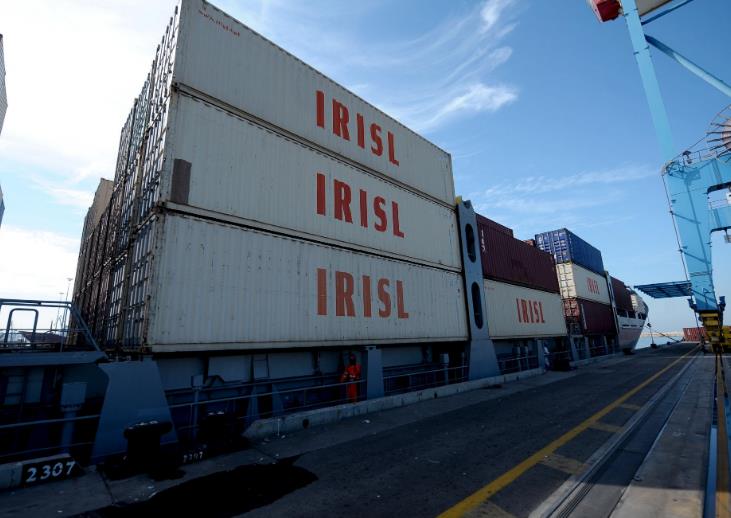Recent data has revealed that Israel has been importing goods from Malaysia, despite the latter’s strict trade sanctions against Israel. This revelation has caused a stir, especially as several Malaysian companies have denied any knowledge of their products being exported to Israel. The data, obtained from the Chief Rabbinate of Israel, shows that various food products from Malaysia have received kosher certification, allowing them to be sold in the Israeli market. This situation raises questions about the transparency and awareness within the supply chains of these companies.

Malaysian Companies Deny Exporting to Israel
Several Malaysian companies have come forward to deny any involvement in exporting goods to Israel. These firms, including well-known names like Aik Cheong Sdn Bhd and Barry Callebaut Manufacturing (M) Sdn Bhd, have stated that they were unaware their products were being sold in Israel. Aik Cheong, a beverage manufacturer, emphasized that they do not have any direct dealings with Israeli companies. Similarly, Barry Callebaut, a subsidiary of a Swiss cocoa product manufacturer, denied any direct exports to Israel.
The companies have suggested that third-party agents or intermediaries might be responsible for the goods reaching Israel. This raises concerns about the control and monitoring of supply chains, especially in regions with strict trade policies. The firms have pledged to investigate the matter further to ensure compliance with Malaysia’s trade sanctions.
The Role of Kosher Certification
The kosher certification process has played a significant role in this situation. The Chief Rabbinate of Israel, responsible for issuing kosher certificates, has listed 36 products from 12 Malaysian factories as kosher-certified. These products include food flavorings, oils, cocoa, and cream, which are essential ingredients in various food items. The kosher certification ensures that these products meet Jewish dietary laws, making them suitable for consumption in Israel.
This certification process is similar to the halal certification issued by the Department of Islamic Development Malaysia (Jakim). The presence of kosher-certified Malaysian products in Israel highlights the complexities of global trade and the challenges in tracking the final destination of exported goods. It also underscores the importance of transparency and accountability in the certification processes.
Implications for Malaysia-Israel Trade Relations
The revelation of Malaysian goods being sold in Israel has significant implications for the trade relations between the two countries. Malaysia has long maintained a staunch anti-Israel stance, including imposing trade sanctions. The ongoing conflict in Gaza has further strained relations, making the presence of Malaysian products in Israel even more controversial. This situation could lead to stricter enforcement of trade policies and increased scrutiny of supply chains.
The Malaysian government may need to take additional measures to ensure that companies comply with trade sanctions. This could involve more rigorous monitoring of exports and closer collaboration with international trade partners. The incident also serves as a reminder for companies to maintain transparency and control over their supply chains to avoid unintended violations of trade policies.
